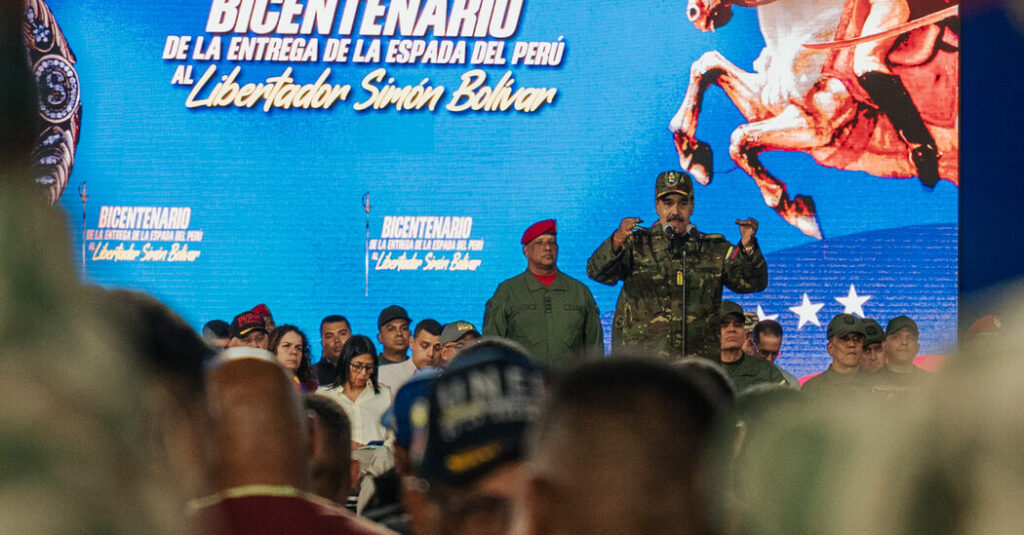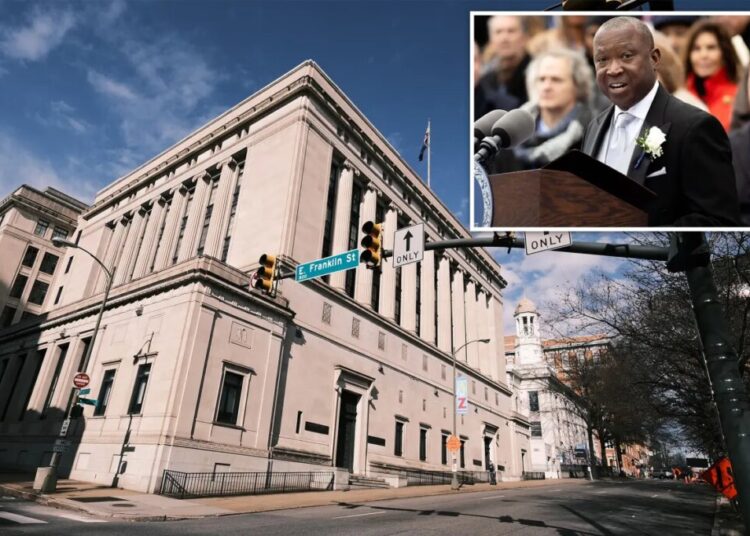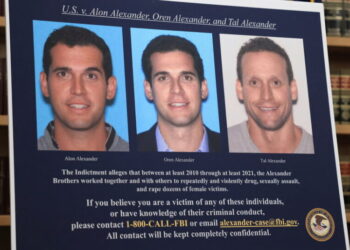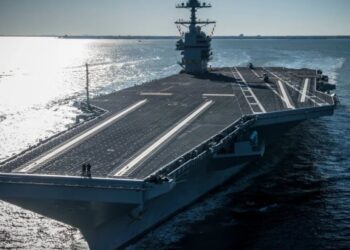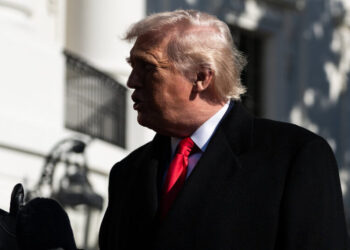President Trump spoke by phone last week with Nicolás Maduro, the Venezuelan leader, and discussed a possible meeting between them, multiple people with knowledge of the matter said, even as the United States continues to threaten military action against Venezuela.
The conversation took place late in the week, two of the people said. It included a discussion about a possible meeting between the two men in the United States, according to the people with knowledge of the matter, who were granted anonymity because they were not authorized to discuss the matter publicly. There are no plans at the moment for such a meeting, one of the people said.
The phone call, which included Secretary of State Marco Rubio, came days before a State Department designation of Mr. Maduro as the leader of what the administration considers a foreign terrorist organization, the Cartel del los Soles, came into effect.
The United States has built up a substantial military presence in the Caribbean aimed at Venezuela. Administration officials have said their goal is to deter drug smuggling, but have also made clear that they want to see Mr. Maduro removed from power, possibly by force.
The New York Times reported in October that Mr. Maduro had offered the United States a significant stake in the country’s oil fields, along with a host of other opportunities for American companies, in an effort to defuse tensions. But Mr. Maduro sought to remain in power, and the U.S. officials cut off those discussions early last month.
A White House spokeswoman declined to comment on the call between Mr. Trump and Mr. Maduro. The Venezuelan government did not respond to a request for comment. Two people close to the Venezuelan government confirmed that a direct call between the two leaders had taken place. They did not want to be identified because they are not authorized to speak publicly.
What the call ultimately means for the administration’s approach to Mr. Maduro remains to be seen. Mr. Trump has a long history of engaging in dual tracks with adversaries, with discussions on one track and threats of force on the other. The Trump administration has been using missile strikes to bomb Venezuelan boats that U.S. officials say have been trafficking drugs.
Those strikes are part of a broader aggressive posture against Venezuela, where Mr. Maduro has remained in power after a 2024 election that the United States has called corrupt. The United States has sent an aircraft carrier group to the waters near Venezuela, sent Air Force bombers over the region, prepared covert action plans and made regular threats to use force.
On Thanksgiving evening, Mr. Trump, flanked by military leaders, said that the efforts to stop drug traffickers would move to land-based operations. “The land is easier, but that’s going to start very soon,” Mr. Trump told reporters at Mar-a-Lago.
The administration has examined a range of options for Venezuela, including seizing the country’s oil fields. Mr. Rubio, a leader of the efforts against Mr. Maduro inside the Trump administration, has described Mr. Maduro as an illegitimate president.
But the direct conversations between Mr. Trump and Mr. Maduro could be the beginning of an effort to create an off-ramp from an escalating use of force, though the administration appears intent on an outcome that requires Mr. Maduro to leave office.
Maggie Haberman is a White House correspondent for The Times, reporting on President Trump.
The post Trump Spoke by Phone Last Week With Maduro, Venezuela’s Leader appeared first on New York Times.
